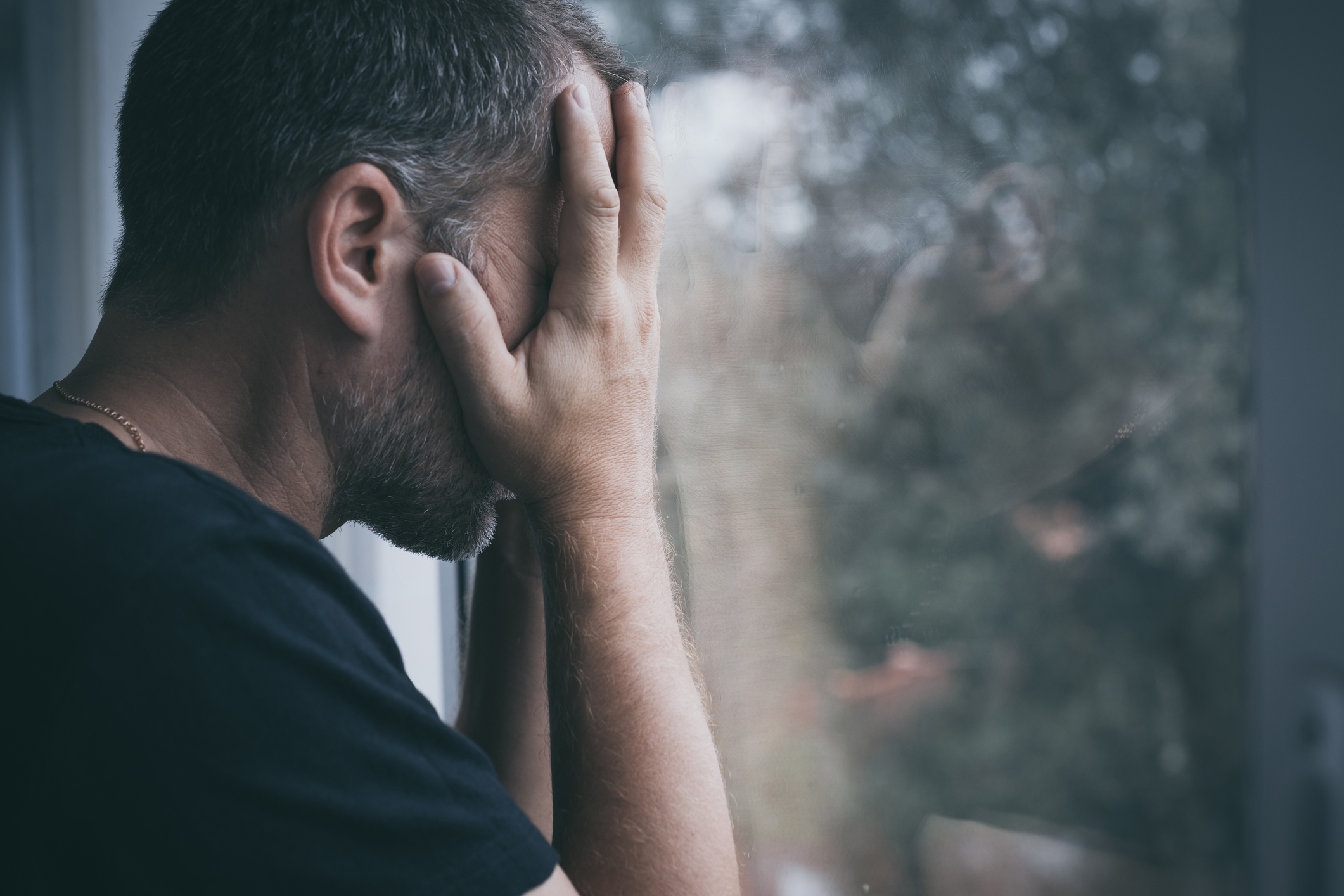Low Testosterone: Replacement Therapy, Lifestyle and More
For many men, the symptoms of low testosterone can be both confusing and concerning. As testosterone levels decline with age or due to various health conditions, men might experience reduced energy, decreased libido, and diminished mood. Recognizing and addressing these symptoms is crucial for restoring quality of life. Here, we provide a solution-centric approach to understanding low testosterone and exploring effective treatments that can help men regain vitality and well-being.
Hormone Replacement Therapy (HRT)

Hormone Replacement Therapy (HRT) is a widely-used treatment for low testosterone, involving the supplementation of synthetic testosterone. Various methods are available, including injections, patches, gels, and pellets. Each option comes with its advantages and drawbacks. For instance, testosterone injections are typically administered every few weeks and offer a rapid boost, while gels and patches provide more consistent, daily dosing. Selecting the appropriate method depends on individual preferences, lifestyle, and medical advice.
Lifestyle Changes

Before considering pharmaceutical interventions, it’s beneficial to explore lifestyle modifications that can naturally enhance testosterone levels. Engaging in regular exercise, particularly strength training and high-intensity interval training (HIIT), is shown to increase testosterone. A nutritious diet rich in lean proteins, healthy fats, and essential vitamins and minerals also supports hormonal balance. Additionally, reducing stress and ensuring adequate sleep contribute to overall hormonal health. These lifestyle changes not only boost testosterone levels but also improve overall health and vitality.
Medications

In addition to HRT, there are alternative medications for managing low testosterone. Clomiphene citrate, commonly used for fertility treatments, can stimulate the body’s own testosterone production, making it a viable option for younger men or those wishing to preserve fertility. Another medication, human chorionic gonadotropin (hCG), can be used alongside HRT to enhance natural testosterone production. Consulting with a healthcare provider can help determine if these medications are appropriate for your situation.
Addressing Underlying Health Issues

Low testosterone can sometimes be a symptom of underlying health conditions, such as diabetes, obesity, or thyroid disorders. Treating these conditions can help normalize testosterone levels. For example, managing diabetes or achieving weight loss can positively influence hormonal balance. It’s crucial to work with a healthcare provider to identify and address any underlying health issues to effectively manage low testosterone.
Psychological Support

The psychological impact of low testosterone should not be overlooked. Men experiencing symptoms may face challenges such as depression, anxiety, or reduced self-esteem. Seeking support from a mental health professional can be highly beneficial. Therapy provides strategies to cope with emotional changes and improve mental health, complementing physical treatment options and enhancing overall well-being.
Monitoring and Adjusting Treatment

Effective management of low testosterone requires a personalized approach with ongoing monitoring and adjustments. Regular follow-ups with a healthcare provider are essential to assess treatment effectiveness and make necessary changes. This tailored approach ensures that the treatment plan remains effective and addresses any evolving needs.
To Remember

Managing low testosterone involves a multifaceted approach. From hormone replacement therapies and lifestyle modifications to addressing underlying health issues and seeking psychological support, there are numerous ways to effectively treat and manage this condition. By exploring these solutions and collaborating closely with healthcare providers, men can find a treatment plan that enhances their quality of life and overall well-being.